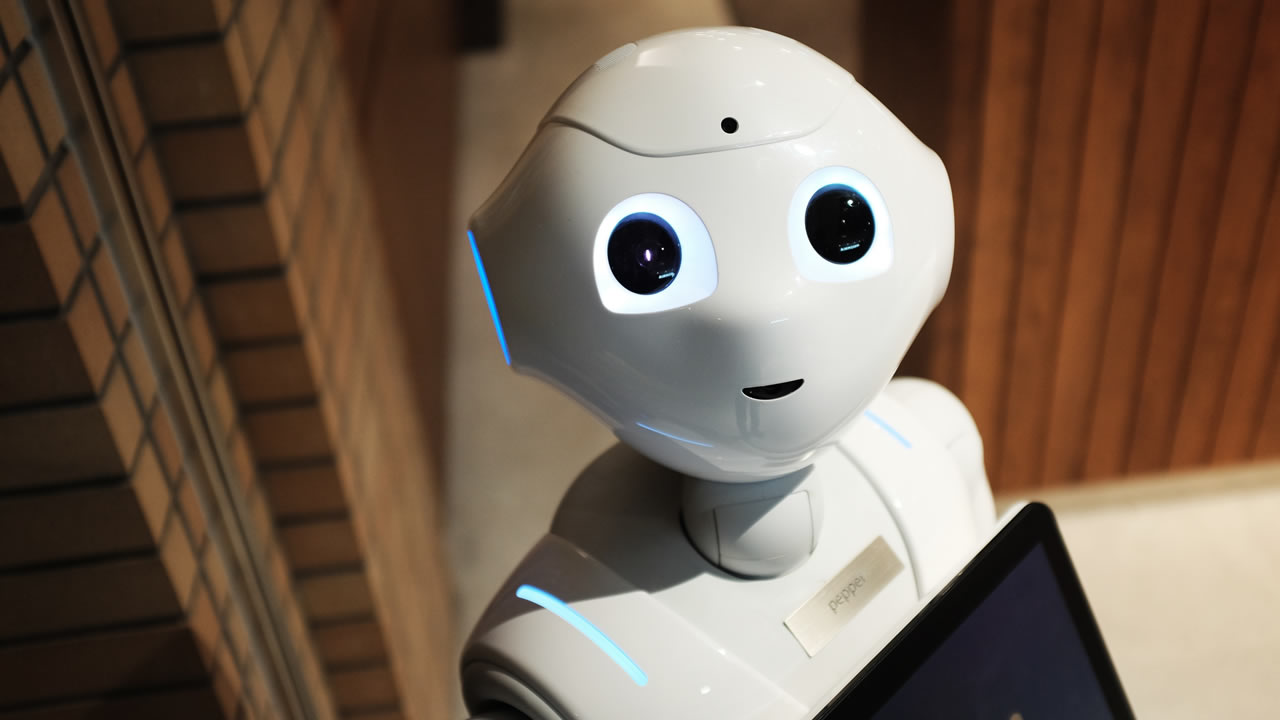Artificial Intelligence and Accountants
Introduction
The concept of artificial intelligence often leads one to think of the distant future, where machines do the most important work for doctors, lawyers, and including professional accountants. One way or another, all the most important professions in the world will be affected by technological progress, but to what extent, and what exactly will artificial intelligence really be – organisations have no clear answer to these questions. The application of AI in the accounting field has begun to be discussed, and actual use cases are gradually increasing. However, the use of AI is mainly in financial accounting and auditing, and the fact is that much attention has not been paid to the use of AI in the field of management accounting.

What is Artificial Intelligence?
Artificial intelligence technologies are not something that will appear sometime there in the distant future. They already exist and are actually used in practice. For example, in medicine, AI helps diagnose serious illness at an early stage. Some companies even create AI systems that predict the likelihood of developing certain diseases in the patient in the future. Artificial intelligence technologies are also used by some banks to analyse the financial situation. Various major global automakers promise to soon produce smart drones that can independently perform a number of tasks – from parking to paying a check for refueling. Artificial intelligence has great potential in the accounting field. Its main advantage is that it is capable of processing huge amounts of information in the shortest possible time. This means that in the future, AI will be able to compile various reports and do it quickly. The technology is also useful in various studies, allowing you to collect and analyse data tens of times faster. It is worth noting that the largest audit and financial companies have already adopted AI systems. We are talking about various programs and applications that use AI and cognitive technologies to perform certain calculations and data analysis. Such technologies are still used to solve narrow problems, but the range of their capabilities is expanding every year.
Constant evolution in accounting operations
The profession of accountant, auditor, and financier has always been one of the pioneers of automation. Along with scientists, accountants became the first users of arithmometer in the 17-18th century. Later, calculators replaced the arithmometers, and then computers took up not only the niche of computing, but also the storage of accounting data. Half a century ago, the emergence of accounting systems that automate thousands of standard operations was supposed to jeopardise the profession of an accountant in the same way as the emergence of artificial intelligence now. However, the industry survived, specialists are still appreciated. On the contrary, they created new jobs and gave accountants the opportunity to work in a new way. And this is the key point. Each new round of informatisation makes the work of an accountant less difficult. Along with this, the number and complexity of accounting rules is growing. All of them can be digitised and taught the accounting system to follow them. The problem, as usual, arises at the junction of the digital and the real world: the computer mind stumbles in those places where the solution to the problem does not lie in the formalised field or requires a creative approach.
However, the development of AI accompanying the recent evolution of Deep Learning has begun to have a noticeable impact on accounting operations.
